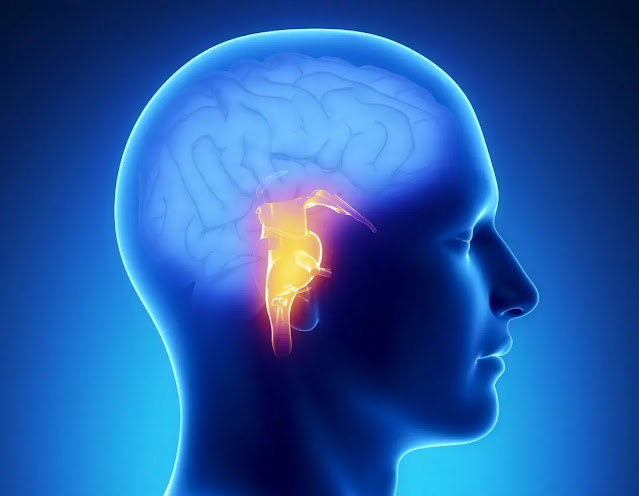How to Cope with a Brain Tumor Diagnosis and Understanding the Emotional Impact
Receiving a brain tumor diagnosis can be a devastating and life-changing event. Not only do you have to deal with the physical symptoms and treatments, but the emotional impact of a brain tumor can be overwhelming. From fear and anxiety to sadness and grief, it's normal to feel a range of emotions when you or a loved one is diagnosed with a brain tumor.
Here are some of the most common emotions people experience when they have a brain tumor:
Fear and Anxiety:
It's natural to feel fear and anxiety when facing a brain tumor diagnosis. The unknowns and uncertainty can be overwhelming, and you may worry about your future and what the diagnosis means for your health and well-being.
Sadness and Grief:
Losing a part of your health can be a grieving process. You may feel sadness and loss as you face the reality of your diagnosis and the changes it will bring to your life.
Anger:
You may feel angry and frustrated with your diagnosis, especially if you feel that it's unfair or that you did nothing to cause it. It's important to remember that these feelings are normal and part of the grieving process.
Isolation:
Brain tumors can be isolating experiences. You may feel like you are the only one going through it, and that others don't understand what you're going through.
Hope:
Despite the difficult emotions, there is also hope. Many people find comfort in learning about treatment options, talking to others with similar experiences, and finding support from family, friends, and healthcare professionals.
It's important to understand that these emotions are a normal part of the experience and that it's okay to feel them. Here are some tips to help you cope with a brain tumor diagnosis:
Talk to someone:
Don't try to go through this experience alone. Talking to someone you trust, whether it's a friend, family member, or mental health professional, can help you process your emotions and feel less isolated.
Seek support:
Joining a support group or finding an online community of people who have been through similar experiences can help you feel less alone and more empowered.
Practice self-care:
Take care of yourself physically, mentally, and emotionally. Exercise, eat well, get enough sleep, and find activities that bring you joy.
Focus on what you can control:
Try to focus on what you can control in your life, such as your treatment choices and how you choose to spend your time.
Be patient with yourself:
This is a difficult journey, and it's okay to take it one day at a time. Be patient with yourself and your emotions and know that it's okay to feel sad or angry sometimes.
If you or a loved one has been diagnosed with a brain tumor, remember that you are not alone. There are resources and support available to help you through this difficult time. With the right care and support, you can find hope and resilience as you navigate this journey.







0 Comments